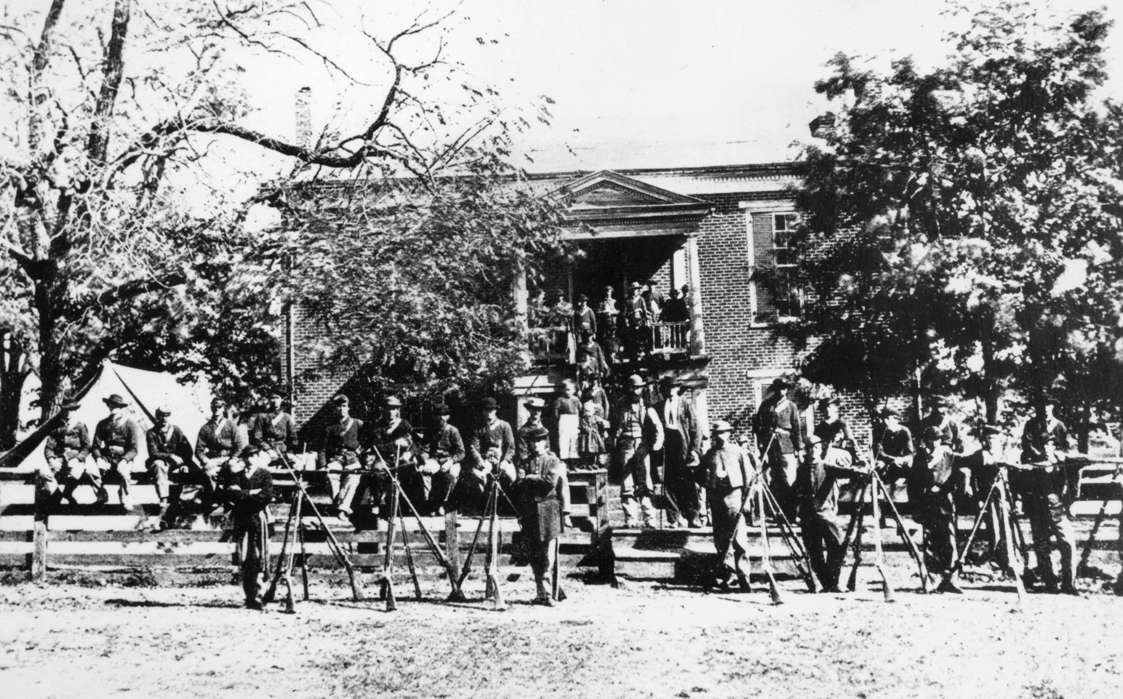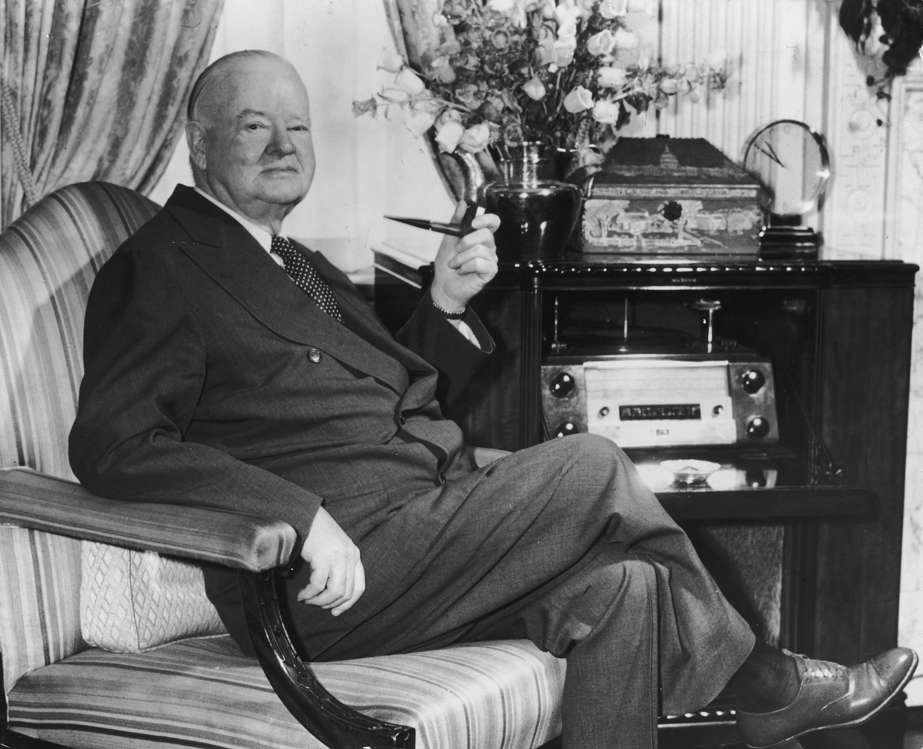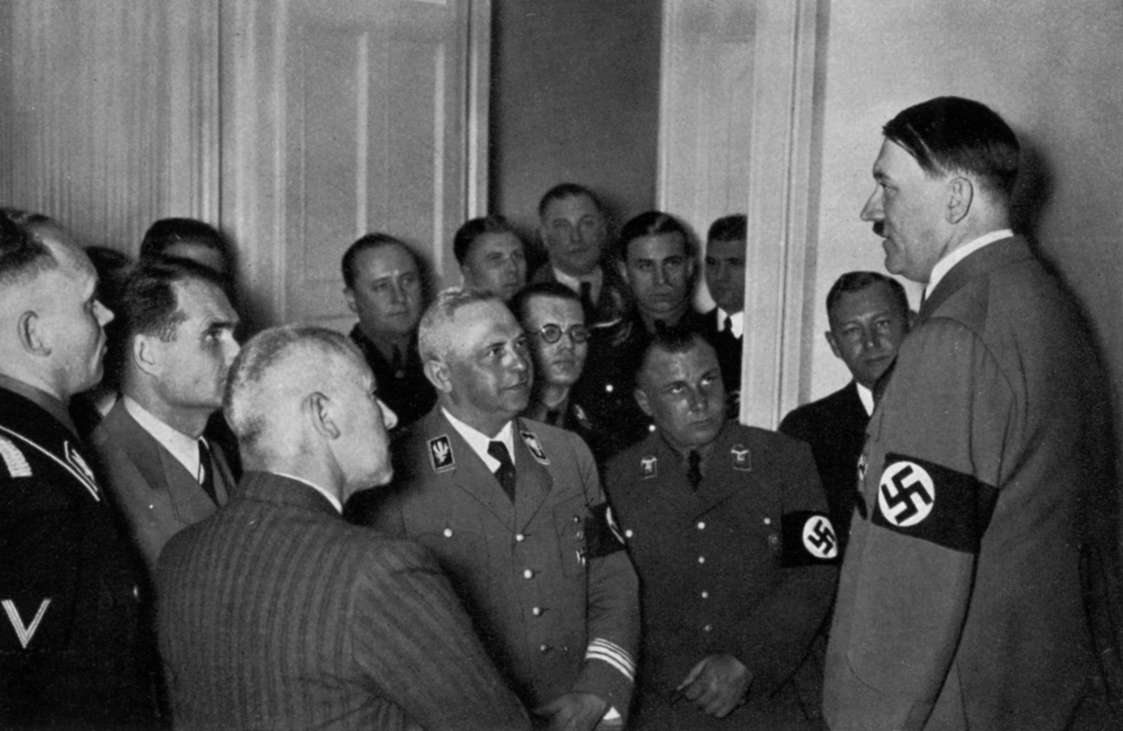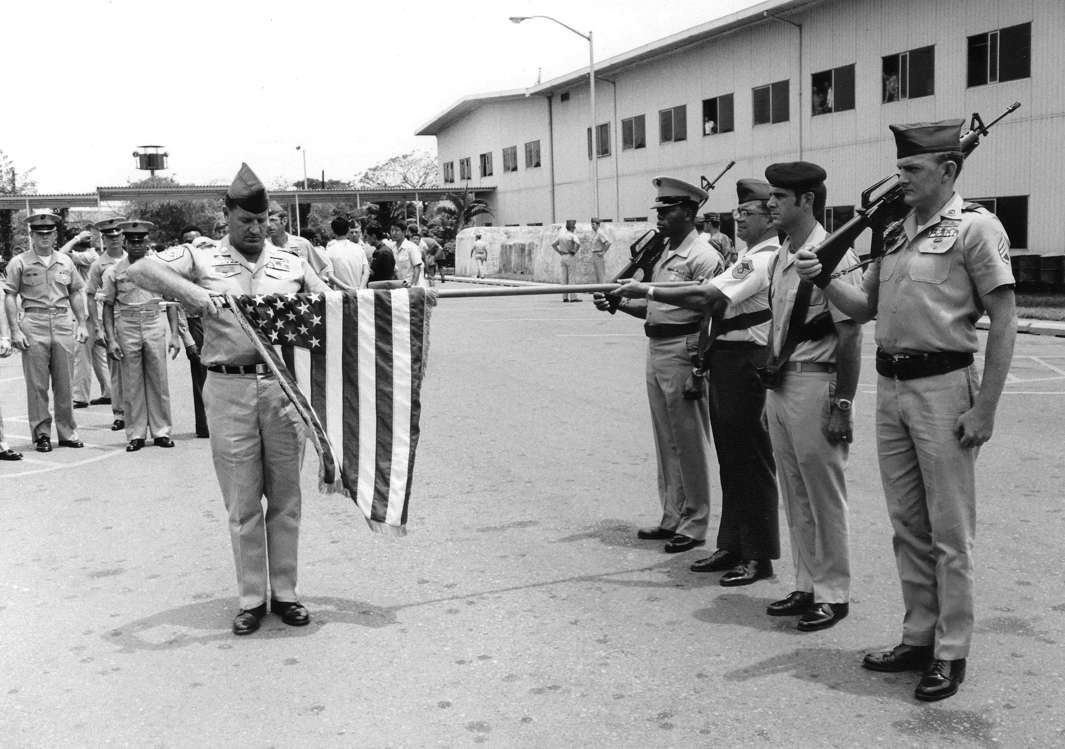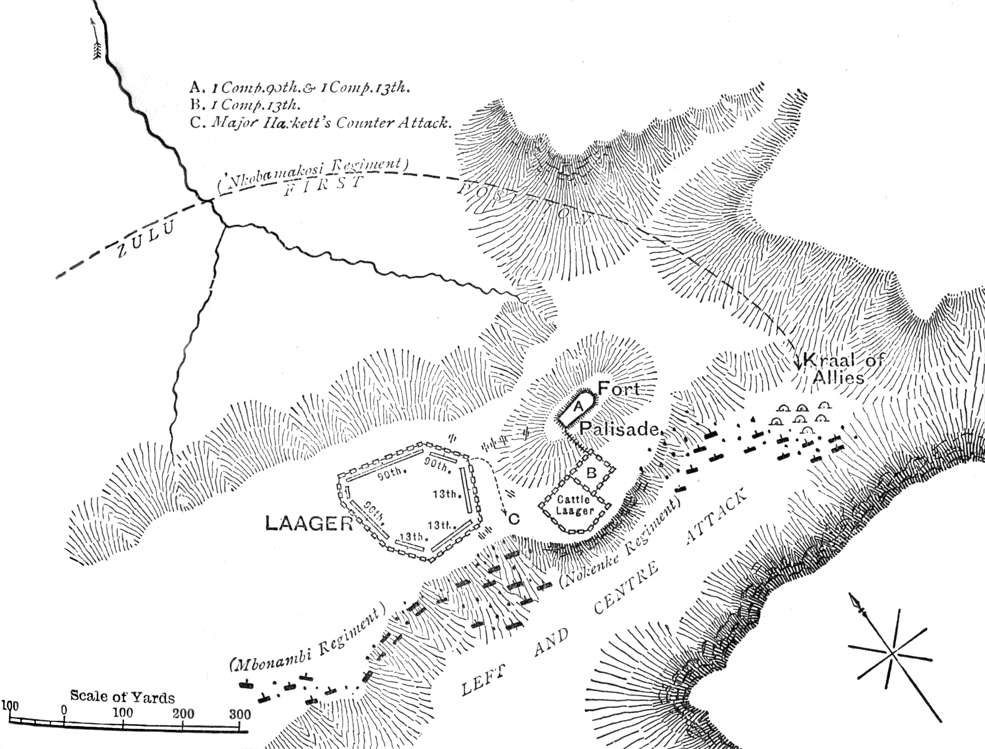Corky Siemaszko
During a recent conference call with America's governors, President Donald Trump was pressed by Washington Gov. Jay Inslee to use his authority to ramp up production of badly needed medical equipment to combat the coronavirus.

© Getty Images/AP file Image: Jay Inslee, Andrew Cuomo, Mike DeWine
But when Trump said the federal government was merely the "backup," Inslee, who is a Democrat, let him have it, according to an audio recording of the call obtained by The Associated Press.
"I don't want you to be the backup quarterback, we need you to be Tom Brady here," Inslee said, invoking the name of the football star who also happens to be a Trump friend.
Trump didn't like that one bit.
"They think Tom Brady should be leading the effort," Trump groused at a news conference later Thursday. "That's only fake news, and I like Tom Brady, spoke to him the other day, he's a great guy."
Fake or not, it was yet another example of a governor - frustrated by the Trump Administration - taking charge while Washington is playing catch-up, a panel of experts on leadership told NBC News.
Trump didn't declare a national emergency until March 13, by which point 20 governors - a dozen Democrats and eight Republicans - had already declared emergencies in their states. That includes Trump loyalists like Florida Gov. Ron DeSantis who have also taken flak for not moving fast enough.
"Because the federal government was so slow to act, you saw state leaders, both Republicans and Democrats, stepping into that void and taking matters into their own hands," said Asher Hildebrand, a public policy professor at Duke University and former chief of staff to U.S Rep. David Price (D-N.C.).
And some governors like New York's Andrew Cuomo, a Democrat, have really risen to the challenge, he said.
"More than any other governor, Cuomo has channelled the nation's yearning for sober, decisive and competent leadership during this time of crisis," Hilderbrand said. "And his blend of cajoling and flattery in dealing with President Trump is a model for the times. Watching his candid yet reassuring briefings, one is struck with feeling that Cuomo has finally found his moment to shine."
Alvin Tillery Jr., a respected political science professor at Northwestern University, said Cuomo and several other governors have performed exceptionally well during this crisis, including Inslee.
"He gets an A+ for raising the national alarm about community spread (in places like nursing homes," Tillery said of the Washington governor. "He has also been a leader in pushing the federal government to assist the states. He has also used the authority of his office to use creative ways to get triage hospitals built in the state."
Also deserving of top grades, in Tillery's estimation, are Democratic governors Gavin Newsom of California, J.B. Pritzker of Illinois, Gretchen Whitmer of Michigan
But when Trump said the federal government was merely the "backup," Inslee, who is a Democrat, let him have it, according to an audio recording of the call obtained by The Associated Press.
"I don't want you to be the backup quarterback, we need you to be Tom Brady here," Inslee said, invoking the name of the football star who also happens to be a Trump friend.
Trump didn't like that one bit.
"They think Tom Brady should be leading the effort," Trump groused at a news conference later Thursday. "That's only fake news, and I like Tom Brady, spoke to him the other day, he's a great guy."
Fake or not, it was yet another example of a governor - frustrated by the Trump Administration - taking charge while Washington is playing catch-up, a panel of experts on leadership told NBC News.
Trump didn't declare a national emergency until March 13, by which point 20 governors - a dozen Democrats and eight Republicans - had already declared emergencies in their states. That includes Trump loyalists like Florida Gov. Ron DeSantis who have also taken flak for not moving fast enough.
"Because the federal government was so slow to act, you saw state leaders, both Republicans and Democrats, stepping into that void and taking matters into their own hands," said Asher Hildebrand, a public policy professor at Duke University and former chief of staff to U.S Rep. David Price (D-N.C.).
And some governors like New York's Andrew Cuomo, a Democrat, have really risen to the challenge, he said.
"More than any other governor, Cuomo has channelled the nation's yearning for sober, decisive and competent leadership during this time of crisis," Hilderbrand said. "And his blend of cajoling and flattery in dealing with President Trump is a model for the times. Watching his candid yet reassuring briefings, one is struck with feeling that Cuomo has finally found his moment to shine."
Alvin Tillery Jr., a respected political science professor at Northwestern University, said Cuomo and several other governors have performed exceptionally well during this crisis, including Inslee.
"He gets an A+ for raising the national alarm about community spread (in places like nursing homes," Tillery said of the Washington governor. "He has also been a leader in pushing the federal government to assist the states. He has also used the authority of his office to use creative ways to get triage hospitals built in the state."
Also deserving of top grades, in Tillery's estimation, are Democratic governors Gavin Newsom of California, J.B. Pritzker of Illinois, Gretchen Whitmer of Michigan
TRUMP REFUSES TO CALL HER BY HER NAME OR REFER TO HER AS GOVERNOR INSTEAD HIS MISOGYNISTIC REPTILE BRAIN BRANDS HER THAT WOMAN.
and Republicans Larry Hogan of Maryland and Mike DeWine of Ohio.
"[DeWine] gets an A+ for decisive action to delay the state's primary," Tillery said of DeWine. "He has also done an excellent job communicating with his constituents about the potential need to have a long period of social distancing in Ohio."
DeWine was also among the first governors to require health screenings to people before they visit places like nursing homes and prisons, added Hildebrand.
Jaime Dominguez, who also teaches at Northwestern and is the founder of the Chicago Democracy Project, agreed with his colleague's assessment.
"All of these governors have demonstrated through public statements and personal interviews that partisan politics will not - and never will - mitigate the state's response to this public health crisis," said Dominguez.
Other Democratic governors like Louisiana's John Bel Edwards have also been working effectively with their legislatures and doing a stellar job of keeping their constituents in the loop, Dominguez said.
Hildebrand also gave a shout out to Roy Cooper, the Democratic governor of his home state, North Carolina.
"With two major hurricanes in the past four years, it feels as if Cooper has been in crisis management mode for his entire first term," Hildebrand said. "Fortunately, this has prepared him well to act decisively, communicate effectively with his citizens, and work cooperatively with his Republican legislature and president during this crisis."
There was mostly agreement among the experts interviewed by NBC News as to which governors have not risen to the occasion.
"On the other end of the spectrum are two governors who placed their partisan allegiances and or anti-intellectualism above the safety and welfare of their constituents," Tillary said.
They are DeSantis and Tate Reeves of Mississippi, who is also a conservative Republican and Trump ally, he said.
Tillary faulted Reeves for signing an executive order that effectively went against the advice of the Mississippi Department of Health by declaring most businesses in the state "essential" and thus exempt from restrictions on public gatherings. He also deemed most religious facilities "essential" just days after the state's top doctors told residents to skip church and avoid weddings and funerals to slow the spread of the virus.
"When the caseload in Mississippi explodes, he will bear the responsibility for it due to this ignominious action," Tillary said.
Parker Briden, Reeve's deputy chief of staff for external affairs, said they've been dealing with a lot of "viral disinformation" about the steps the governor has taken and that they have been working in tandem with state health officials.
"One of the first things the governor did was plead with people to stay out of the churches," Briden said. "However, the governor does not believe we have the right to shut down churches any more than we have the right to shut down the media."
As for DeSantis, "he earns an F for allowing the beaches in Florida to stay open to thousands of tourists from out of state over the past two weeks," Tillary said. "He also compounded this error by supporting President Trump's magical thinking about the possibility of ending social distancing by Easter."
Dominguez ranked Reeves, DeSantis and two other Republican governors at the bottom for failing to be proactive in the face of the crisis, for doing a poor job of executing the state's response, and for being "too concerned about making sure that their messaging aligns with the President's actions and recommendations on curtailing the virus."
"Social distancing has not been a priority," Dominguez said. "They have done a poor job on transparency."
They are Kay Ivey of Alabama, and Greg Abbott in Texas.
Abbott has been criticized for not issuing a statewide stay-at-home order, although it was Lt. Gov. Dan Patrick's suggestion that senior citizens would be willing to die for the U.S. to "get back to work" that made headlines.




"With the nation's second-largest population, the highest uninsured rate in the country, and a legislature that doesn't meet at all in even years, Texas is a state in which the governor's role during a time of crisis is indispensable," Hildebrand said. "Yet Abbott has behind the curve in nearly every protective measure - declaring a state of emergency, activating the National Guard, ramping up testing capacity, closing bars and restaurants."
Additionally, Hildebrand said, Abbott "has shifted much of the emergency response to local municipalities."
As for Ivey, as recently as Thursday she was also refusing to issue a statewide stay-at-home order. And it wasn't until Friday that she closed schools until April 6.
"Y'all, we are not Louisiana, we are not New York State, we are not California," Ivey said. "Right now is not the time to order people to shelter in place."
Hildebrand also faulted Oklahoma Gov, Kevin Stitt, a Republican, for his performance.
"Stitt not only resisted calls to close non-essential businesses and places where people congregate, he Tweeted a photo of his family dining in a 'packed' Oklahoma City restaurant as the virus was spreading," he said.
That March 14 tweet has since been taken down.
NBC News has reached out for comment to DeSantis, Ivey, Stitt and Abbott.
The global pandemic has raised the national profiles of some governors like Cuomo, whose daily briefings have at times gotten more attention than Trump's updates. But Amy Liu of the Brookings Institution said there's another way of measuring the effectiveness of the governors' responses.
"Beyond judging governors' performance on cable talk shows or regular press briefings, one way is to evaluate governors on how well they are working with their state legislatures to get something done," said Liu. "In other words, are they passing laws to protect workers are families."
Using that as a benchmark, Liu said, DeSantis and the other Republican governors like Doug Ducey of Arizona and Bill Lee of Tennessee have had some success in helping their states.
Liu buttressed her assertion on research compiled by the National Conference of State Legislatures, which listed all the states that have passed, or are about to pass, new COVID-19 legislation.
"What's interesting to note is that nearly every governor, no matter their party, is taking this matter seriously," Liu said. "And what's particularly striking is that the GOP controls the governorships and state legislatures in 21 states and many are stepping up."
"[DeWine] gets an A+ for decisive action to delay the state's primary," Tillery said of DeWine. "He has also done an excellent job communicating with his constituents about the potential need to have a long period of social distancing in Ohio."
DeWine was also among the first governors to require health screenings to people before they visit places like nursing homes and prisons, added Hildebrand.
Jaime Dominguez, who also teaches at Northwestern and is the founder of the Chicago Democracy Project, agreed with his colleague's assessment.
"All of these governors have demonstrated through public statements and personal interviews that partisan politics will not - and never will - mitigate the state's response to this public health crisis," said Dominguez.
Other Democratic governors like Louisiana's John Bel Edwards have also been working effectively with their legislatures and doing a stellar job of keeping their constituents in the loop, Dominguez said.
Hildebrand also gave a shout out to Roy Cooper, the Democratic governor of his home state, North Carolina.
"With two major hurricanes in the past four years, it feels as if Cooper has been in crisis management mode for his entire first term," Hildebrand said. "Fortunately, this has prepared him well to act decisively, communicate effectively with his citizens, and work cooperatively with his Republican legislature and president during this crisis."
There was mostly agreement among the experts interviewed by NBC News as to which governors have not risen to the occasion.
"On the other end of the spectrum are two governors who placed their partisan allegiances and or anti-intellectualism above the safety and welfare of their constituents," Tillary said.
They are DeSantis and Tate Reeves of Mississippi, who is also a conservative Republican and Trump ally, he said.
Tillary faulted Reeves for signing an executive order that effectively went against the advice of the Mississippi Department of Health by declaring most businesses in the state "essential" and thus exempt from restrictions on public gatherings. He also deemed most religious facilities "essential" just days after the state's top doctors told residents to skip church and avoid weddings and funerals to slow the spread of the virus.
"When the caseload in Mississippi explodes, he will bear the responsibility for it due to this ignominious action," Tillary said.
Parker Briden, Reeve's deputy chief of staff for external affairs, said they've been dealing with a lot of "viral disinformation" about the steps the governor has taken and that they have been working in tandem with state health officials.
"One of the first things the governor did was plead with people to stay out of the churches," Briden said. "However, the governor does not believe we have the right to shut down churches any more than we have the right to shut down the media."
As for DeSantis, "he earns an F for allowing the beaches in Florida to stay open to thousands of tourists from out of state over the past two weeks," Tillary said. "He also compounded this error by supporting President Trump's magical thinking about the possibility of ending social distancing by Easter."
Dominguez ranked Reeves, DeSantis and two other Republican governors at the bottom for failing to be proactive in the face of the crisis, for doing a poor job of executing the state's response, and for being "too concerned about making sure that their messaging aligns with the President's actions and recommendations on curtailing the virus."
"Social distancing has not been a priority," Dominguez said. "They have done a poor job on transparency."
They are Kay Ivey of Alabama, and Greg Abbott in Texas.
Abbott has been criticized for not issuing a statewide stay-at-home order, although it was Lt. Gov. Dan Patrick's suggestion that senior citizens would be willing to die for the U.S. to "get back to work" that made headlines.




"With the nation's second-largest population, the highest uninsured rate in the country, and a legislature that doesn't meet at all in even years, Texas is a state in which the governor's role during a time of crisis is indispensable," Hildebrand said. "Yet Abbott has behind the curve in nearly every protective measure - declaring a state of emergency, activating the National Guard, ramping up testing capacity, closing bars and restaurants."
Additionally, Hildebrand said, Abbott "has shifted much of the emergency response to local municipalities."
As for Ivey, as recently as Thursday she was also refusing to issue a statewide stay-at-home order. And it wasn't until Friday that she closed schools until April 6.
"Y'all, we are not Louisiana, we are not New York State, we are not California," Ivey said. "Right now is not the time to order people to shelter in place."
Hildebrand also faulted Oklahoma Gov, Kevin Stitt, a Republican, for his performance.
"Stitt not only resisted calls to close non-essential businesses and places where people congregate, he Tweeted a photo of his family dining in a 'packed' Oklahoma City restaurant as the virus was spreading," he said.
That March 14 tweet has since been taken down.
NBC News has reached out for comment to DeSantis, Ivey, Stitt and Abbott.
The global pandemic has raised the national profiles of some governors like Cuomo, whose daily briefings have at times gotten more attention than Trump's updates. But Amy Liu of the Brookings Institution said there's another way of measuring the effectiveness of the governors' responses.
"Beyond judging governors' performance on cable talk shows or regular press briefings, one way is to evaluate governors on how well they are working with their state legislatures to get something done," said Liu. "In other words, are they passing laws to protect workers are families."
Using that as a benchmark, Liu said, DeSantis and the other Republican governors like Doug Ducey of Arizona and Bill Lee of Tennessee have had some success in helping their states.
Liu buttressed her assertion on research compiled by the National Conference of State Legislatures, which listed all the states that have passed, or are about to pass, new COVID-19 legislation.
"What's interesting to note is that nearly every governor, no matter their party, is taking this matter seriously," Liu said. "And what's particularly striking is that the GOP controls the governorships and state legislatures in 21 states and many are stepping up."

